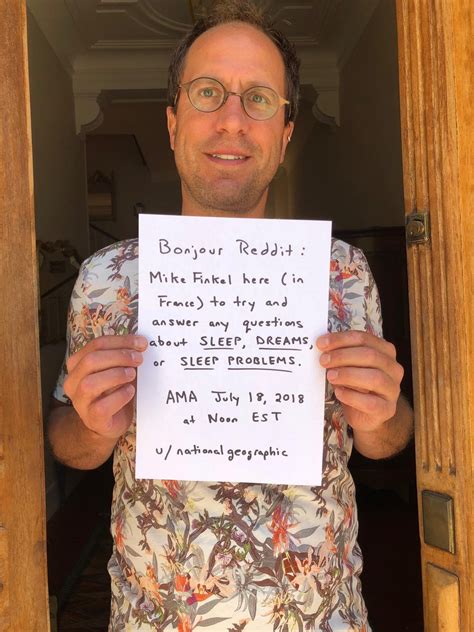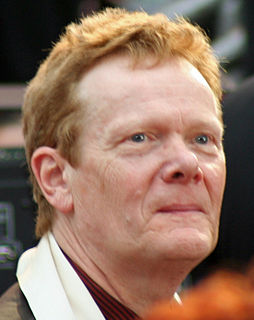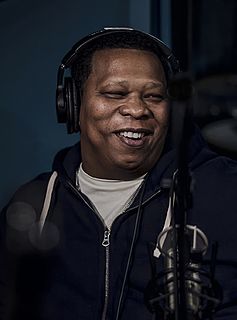A Quote by John Legend
Critics like to describe and categorize things, and categories often have a way of limiting people.
Quote Topics
Related Quotes
In America, even the critics - which is a pity - tend to genre-ize things. They have a hard time when genres get mixed. They want to categorize things. That's why I love Wes Anderson's films and the Coen Brothers, because you don't know what you're going to get, and very often you get something that you don't expect and that's just what a genre's not supposed to do.
It's poor judgment', said Grandpa 'to call anything by a name. We don't know what a hobgoblin or a vampire or a troll is. Could be lots of things. You can't heave them into categories with labels and say they'll act one way or another. That'd be silly. They're people. People who do things. Yes, that's the way to put it. People who *do* things.
. . . the membership relation for sets can often be replaced by the composition operation for functions. This leads to an alternative foundation for Mathematics upon categories -- specifically, on the category of all functions. Now much of Mathematics is dynamic, in that it deals with morphisms of an object into another object of the same kind. Such morphisms (like functions) form categories, and so the approach via categories fits well with the objective of organizing and understanding Mathematics. That, in truth, should be the goal of a proper philosophy of Mathematics.




































